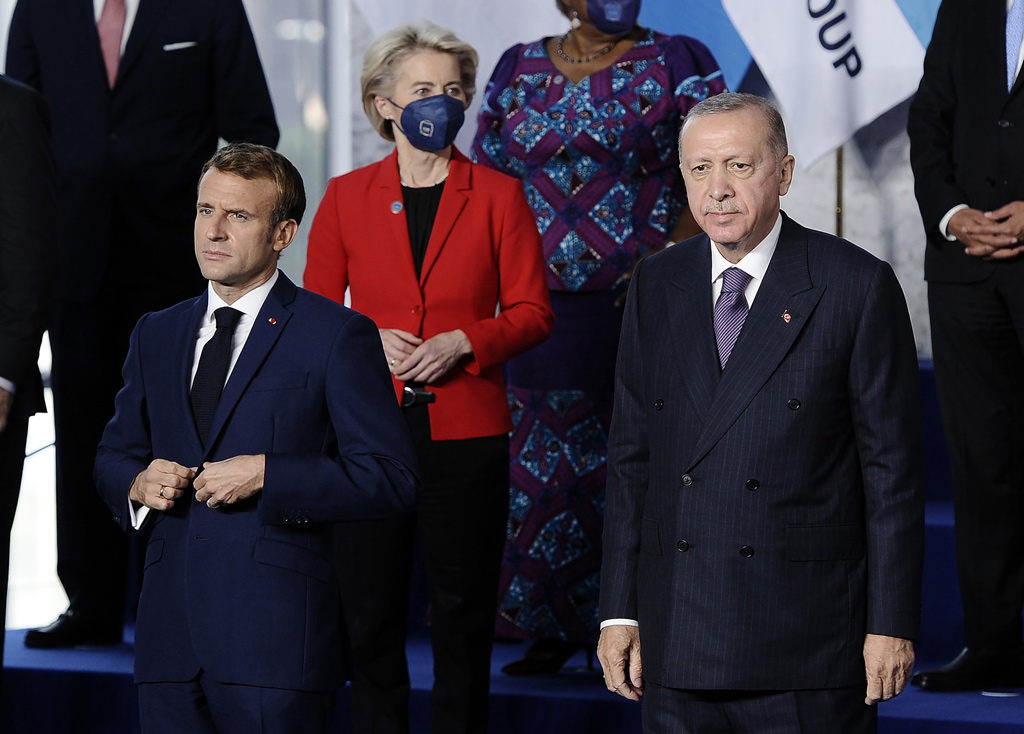
Who cares about 'where Turkey is headed'?
Erdoğan’s foreign policy remains true to the tradition of Turkish modernization. As the republic gets ready for its second century, there is continuity and complementation, not contrast, between Atatürk and Erdoğan.
Share
The history of political life in Turkey is arguably the history of the following question: “Where is Turkey headed?” Both leaders and ideological movements have traditionally been preoccupied with this question. From the Ottoman Empire’s modernization and the republic’s early years to the Democratic Party, late President Turgut Özal’s rule and President Recep Tayyip Erdoğan’s tenure, Turks have always debated where their country is going. Indeed, the majority of new road maps and reform plans have thus been dubbed “the new Turkey.” In other words, saving Turkey from the old ways and opening new chapters have been the backbone of Turkish politics. Ahead of the 2023 elections, which will take place on the republic’s centennial, politicians are talking about “the new Turkey” once more. At home and abroad, the most popular question about Turkey is, yet again, where it is going.
That many deem the answer to that question more important now than before is obviously related to Turkey’s foreign policy becoming more active and dynamic in recent years. It is a reflection of Ankara’s questions about the international system and attempts to find itself a new position within that order. Turkey’s new road map also owes its growing significance to Ankara’s recent actions in Syria, Iraq, Libya, the Caucasus, the Eastern Mediterranean and Africa – as well as the expansion of its trade network with the help of its defense industry.
Those who do not wish to come to terms with this new reality turn to ideologically charged campaigns. From their perspective, Turkey’s objections to those double standards, to which it has been subjected within the Western alliance, happen to make it “untrustworthy” or “aggressive.” Even a single question, however, suffices to reveal the unfairness of that criticism: Can Turkey be expected to stomach the admission of Greek Cypriots into the European Union (despite rejecting the Annan Plan), the breaking of all promises to the Turkish Cypriots, or the imposition of Greece’s maximalist demands in the Eastern Mediterranean on the EU’s behalf, in the name of diplomacy?
Tags »
Related Articles








